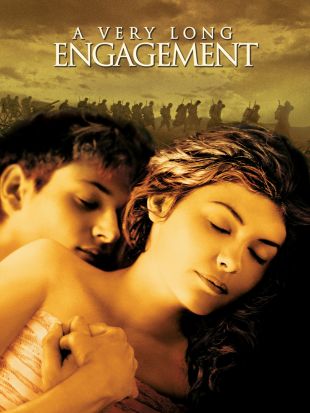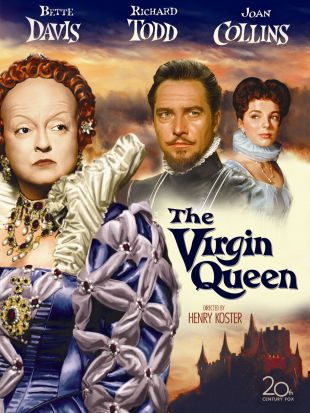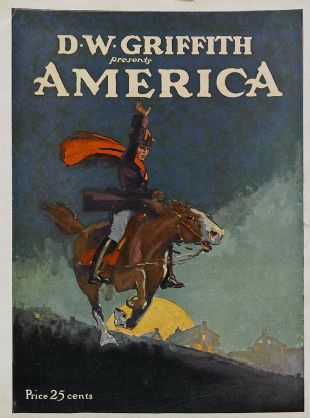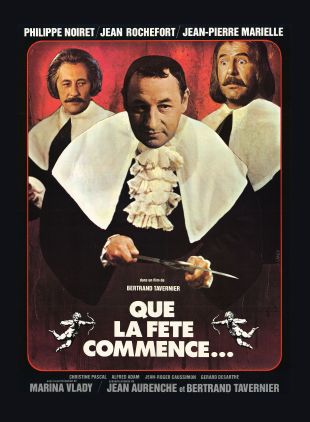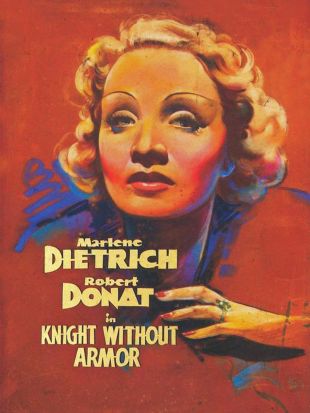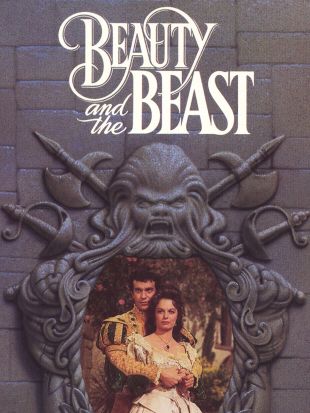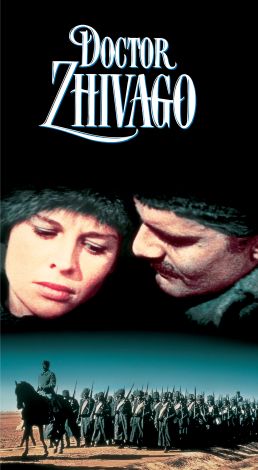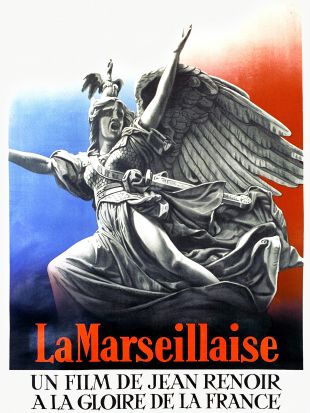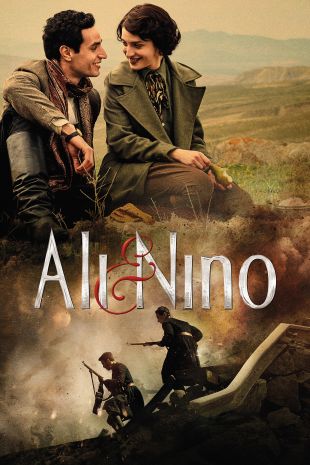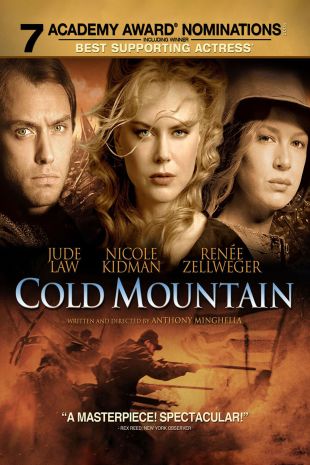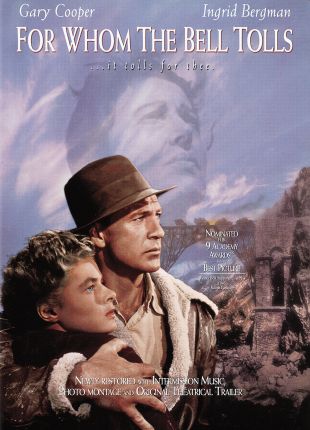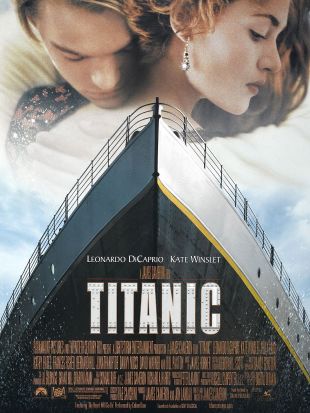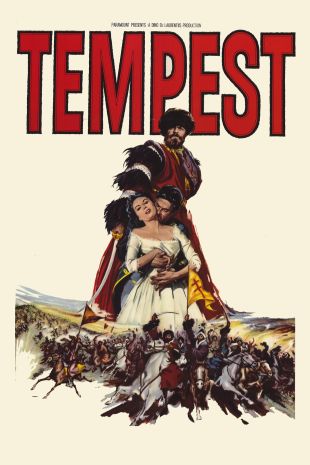
Tempest (1928)
Directed by Lewis Milestone / Sam Taylor / Viktor Tourjansky
Genres - Action, Adventure |
Sub-Genres - Period Film, War Romance |
Release Date - May 27, 1928 (USA - Unknown) |
Run Time - 105 min. |
Countries - United States |
MPAA Rating - NR
Share on
Synopsis by Hal Erickson
One of John Barrymore's best-remembered silent films (mainly because it is one of the few that has remained in constant circulation), The Tempest is set before, during and after the Russian Revolution. Barrymore plays a Czarist military officer who is haughtily rejected by aristocratic Camilla Horn. She goes so far as to strip Barrymore of his rank and toss him into prison (allowing him the opportunity for a wholly irrelevant, but fascinating, "mad" scene). Comes the Revolution, and Barrymore is freed. Put in charge of the Red army, Barrymore now wields the power of life and death over the aristocrats. When a humbled Camilla is brought before him, he refuses to sign her death warrant, but instead kills his hateful superior officer and escapes with his new-found love to the safety of Europe. Barrymore's leading lady Camilla Horn has previously made an excellent impression as Gretchen in F. W. Murnau's production of Faust (1926); her casting in Tempest, however, is due less to her histrionic talents that to the fact that she was the girlfriend of United Artists executive Joseph M. Schenck. Originally, the film was to have been directed by Russian expatriate Victor Tourjanksy, but his working methods were too slow for Hollywood tastes; he was replaced by American journeyman Sam Taylor, who was swift, efficient and (in this instance at least) surprisingly imaginative. The principal artistic value in Tempest lies in the performance by John Barrymore and the cinematography of Charles Rosher, whose Rosher Kino Portrait Lens enabled the 46-year-old Barrymore to appear at least two decades younger on screen. An uncredited Lewis Milestone also was among those at work on the production.
Characteristics
Keywords
courtship, officer, betrayal, peasant, princess, soldier, aristocracy, sergeant, army, war
Attributes
High Budget, High Historical Importance, High Production Values
